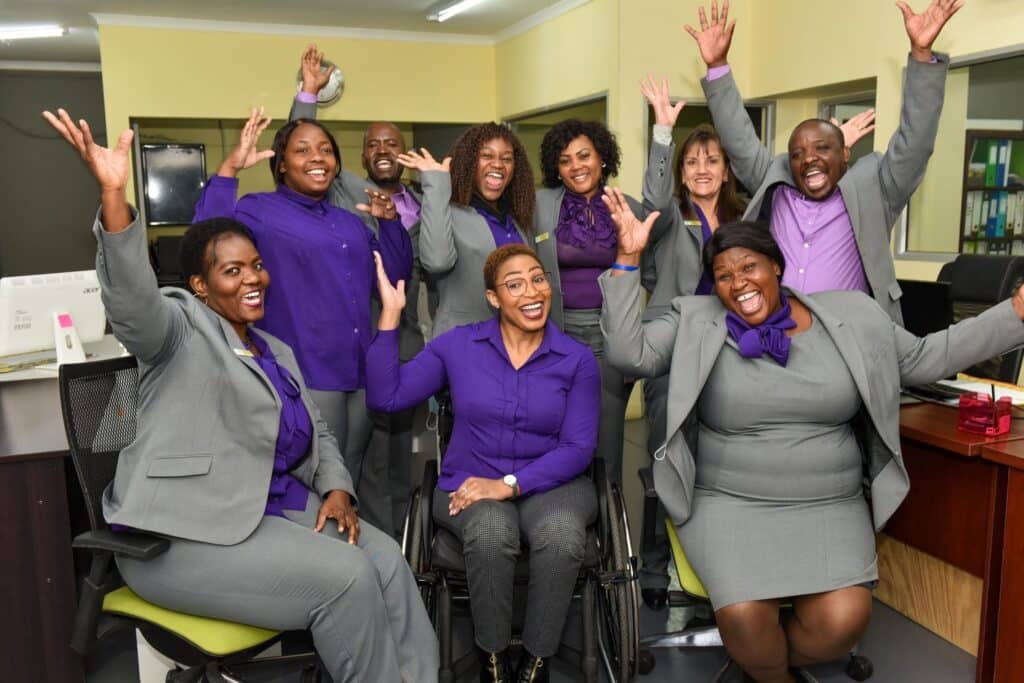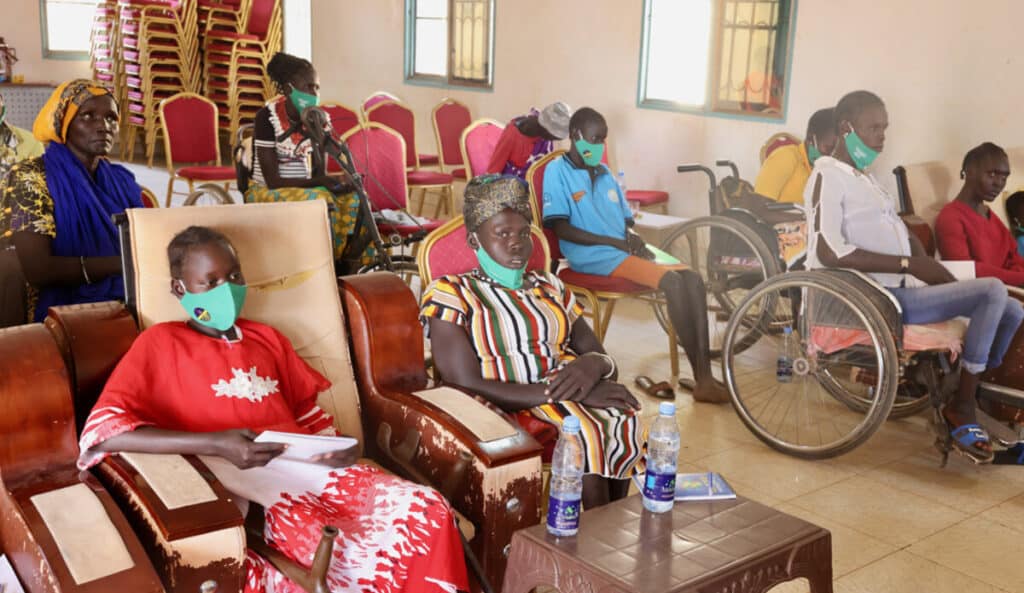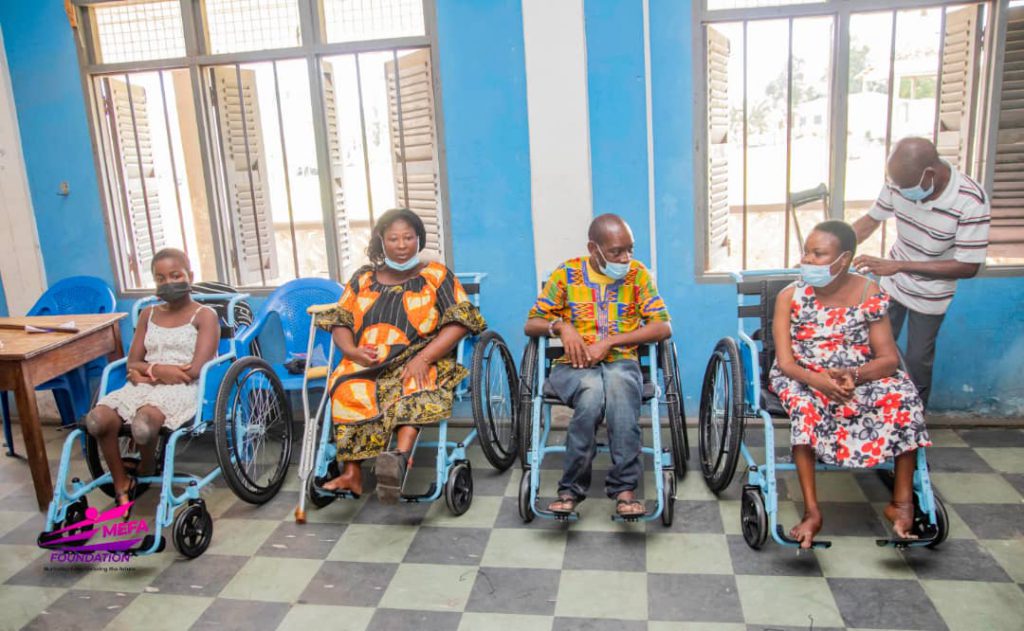Empowering women living with disabilities in society is not just a moral imperative but also a crucial step towards building a more inclusive and equitable world. Despite advancements in women’s rights and disability rights, women with disabilities often face compounded challenges due to intersecting forms of discrimination. However, with concerted efforts and targeted initiatives, it’s possible to create environments where these women can thrive.

Firstly, education plays a pivotal role in empowering women with disabilities. Accessible education tailored to their needs equips them with the knowledge and skills necessary to participate fully in society. This includes not only academic education but also vocational training and life skills development. Governments and organizations should prioritize inclusive education policies and invest in resources such as assistive technologies and trained educators to ensure that no woman is left behind.

Secondly, economic empowerment is essential for women with disabilities to achieve independence and self-sufficiency. This involves creating opportunities for them to enter the workforce, start businesses, or pursue entrepreneurship. Initiatives such as vocational training programs, mentorship, and financial support can help break down barriers to employment and entrepreneurship. Additionally, workplace accommodations and policies that promote inclusivity and accessibility are crucial for creating environments where women with disabilities can thrive professionally.
Thirdly, advocating for the rights of women with disabilities is essential for creating systemic change. This involves raising awareness about their experiences and challenges, challenging stereotypes and stigma, and advocating for policy reforms that promote their rights and inclusion. Women with disabilities should be actively involved in decision-making processes that affect their lives, ensuring that their voices are heard and their needs are addressed.
Fourthly, fostering a supportive and inclusive community is vital for the well-being of women with disabilities. This includes creating spaces where they can connect with others who share similar experiences, access peer support networks, and engage in social and recreational activities. Community organizations and support groups play a crucial role in providing a sense of belonging and solidarity for women with disabilities.

Lastly, addressing intersectional forms of discrimination is essential for empowering women with disabilities. Women from marginalized backgrounds, such as those from racial or ethnic minority groups, or low-income households, may face additional barriers due to intersecting forms of discrimination. Intersectional approaches to empowerment recognize and address these intersecting forms of oppression, ensuring that interventions are inclusive and equitable.
In conclusion, empowering women with disabilities requires a multifaceted approach that addresses their unique needs and challenges. By prioritizing education, economic empowerment, advocacy, community support, and intersectionality, we can create a more inclusive society where all women have the opportunity to thrive. It’s not just a matter of rights; it’s a matter of justice and dignity for all.




